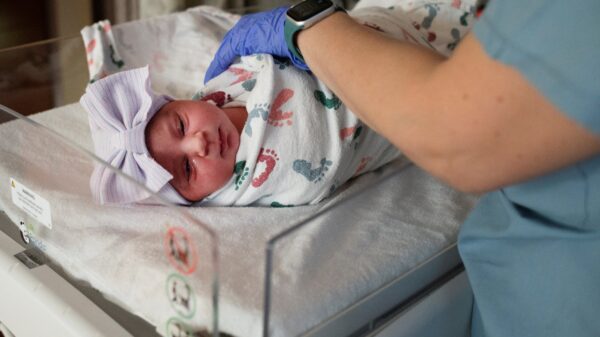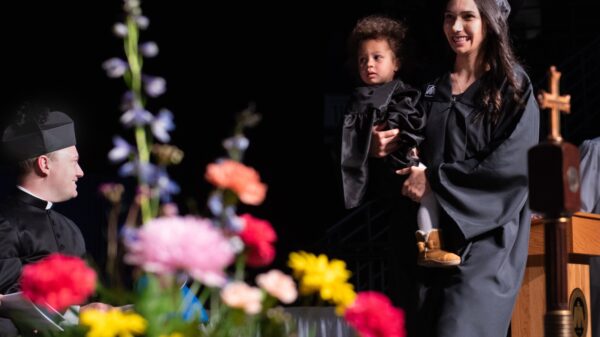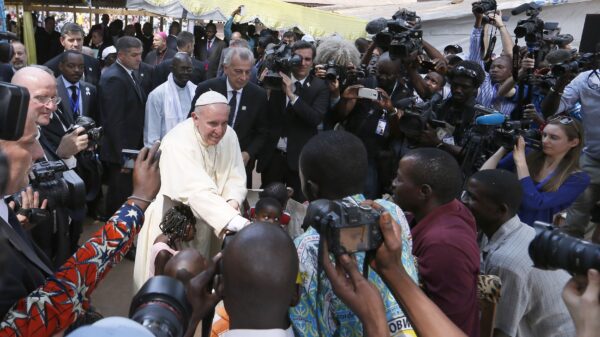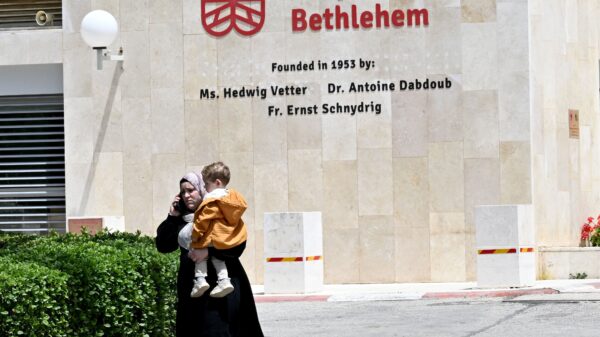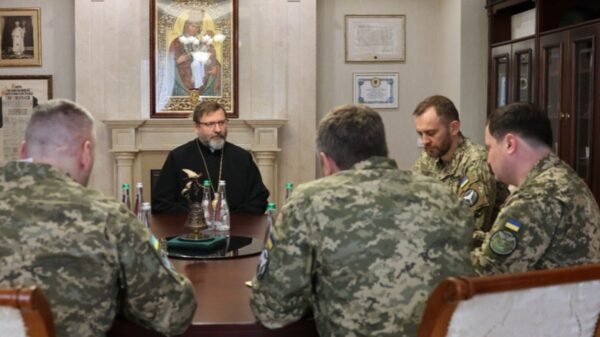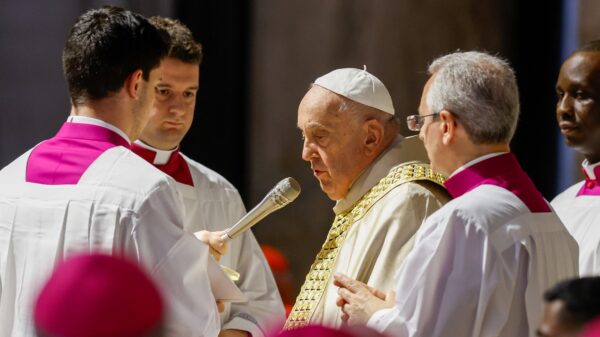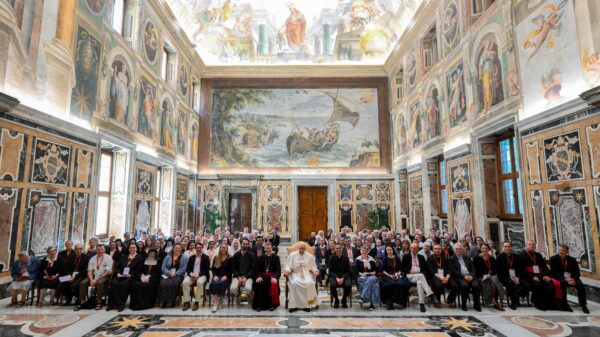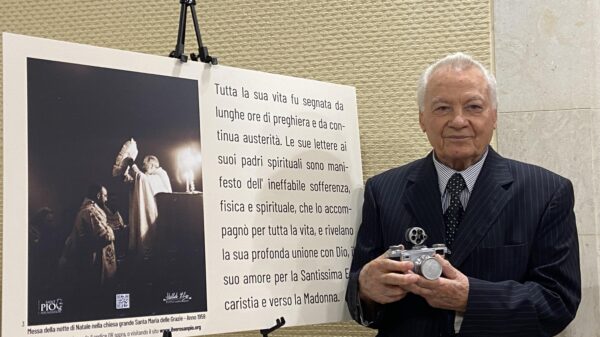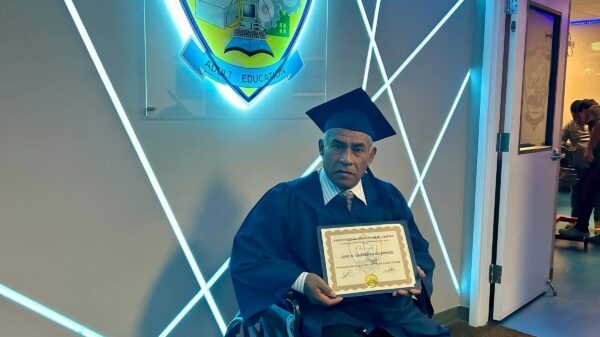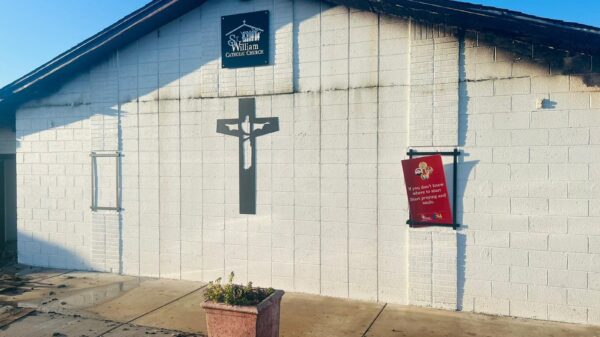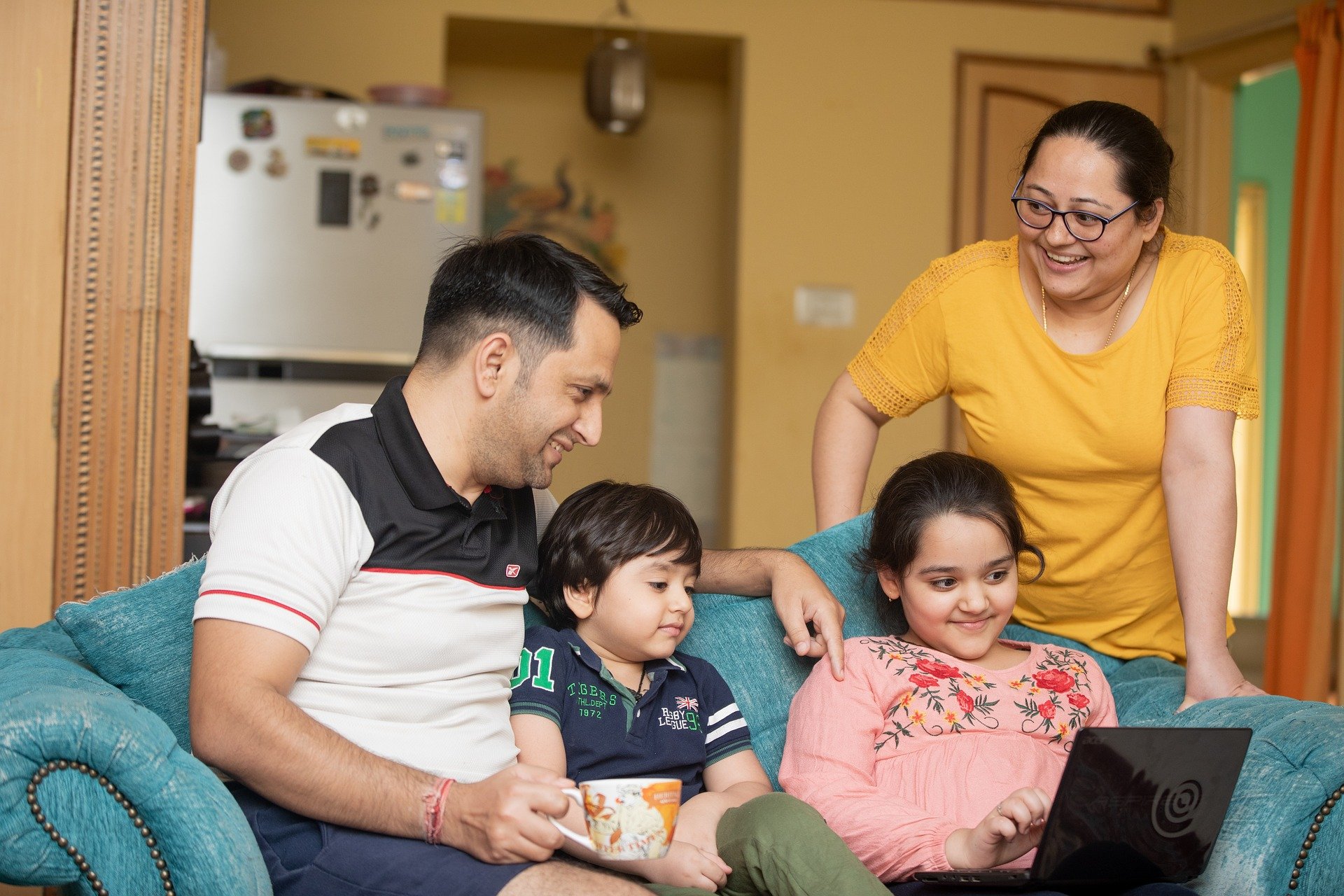Because kids today have grown up with digital all around them, they think differently than adults do about technology and media. Scrolling through social media and texting — even texting friends next door — constitutes authentic connection with their friends. Those of us who grew up when “connection” meant talking on a phone attached to a wall may scoff, but these are the times in which we live.
What are parents to do in the face of the near-gravitational pull of digital media kids crave? Perhaps one answer is to help them develop a mindset of Christian values and an appreciation of their own worth — worth built upon the knowledge that they may freely ask parents questions about their digital interactions. Opportunities to bring their faith values into such conversations may abound, and be constructive.
Online safety is tremendously important, but even more vital is parenting children toward a vibrant and life-giving relationship with Jesus Christ, one that teaches how valuable they are, not just to parents, family and friends, but to the Lord.
Parenting is hard work. It requires a level of authenticity that is challenging for anyone, because — whether mindful of it or not — parents model the behavior their children learn. If we want kids to act responsibly with their devices, then we must do so as well. If we want to limit screen time for them, then we must limit our own. If we want tech-free zones in our homes, then those zones must apply to the whole family. Of course, when implementing rules, it’s always necessary to talk together about the why behind the what.
According to the “Character Counts!” curriculum, the six pillars of character are trustworthiness, respect, caring, responsibility, fairness and citizenship. If we apply these values to our digital interactions and we teach kids the same, then we’re on the path to doing all we can to ensure kids are safe online and — more importantly — that their online lives reflect the character they’ve witnessed in their parents.
Character is a great place to start, but for the believer, it doesn’t end there. Faith in Christ means that we work to make these “pillars of character” habitual in our lives, transforming them into habitual virtues. Back in the 90s, we wore “WWJD” bracelets, which reminded us to ask “What would Jesus do?” as we faced life’s challenges. It’s still a good question, one asked not because we think Jesus is watching and waiting for us to fail, but for discernment –for considering how God is calling us to put virtue into practice.
We teach kids to be responsible, caring, respectful, fair and trustworthy online, not just because it’s the right thing to do but because God loves every other person we meet and interact with, and that makes them worthy of our care and respect.
Imagine this: Your child stumbles on digital pornography or sexting creeps into texting — unfortunately all too common events. Online safety would dictate that parents use blocking software or settings, and make sure their kids know it is safe to bring these things to their parents. Virtuous media living would have parents and children sitting down and talking about this disturbing reality, explaining why such pictures or videos (and conversations) are problematic, especially from the perspective of faith.
Each human being, created in the image and likeness of God, has dignity and deserves respect. Ultimately, porn breeds disrespect and selfishness. Real love fosters respect and self-giving love, the kind Jesus showed on the cross. That must always be the takeaway message when discussing digital safety.
Let us do all we can to make sure our children have the skills they need to be safe online, and the understanding that their innate dignity means they deserve the best, not the worst, of what the digital world has to offer.
– – –
Sister Hosea Rupprecht, a Daughter of St. Paul, is the associate director of the Pauline Center for Media Studies.





